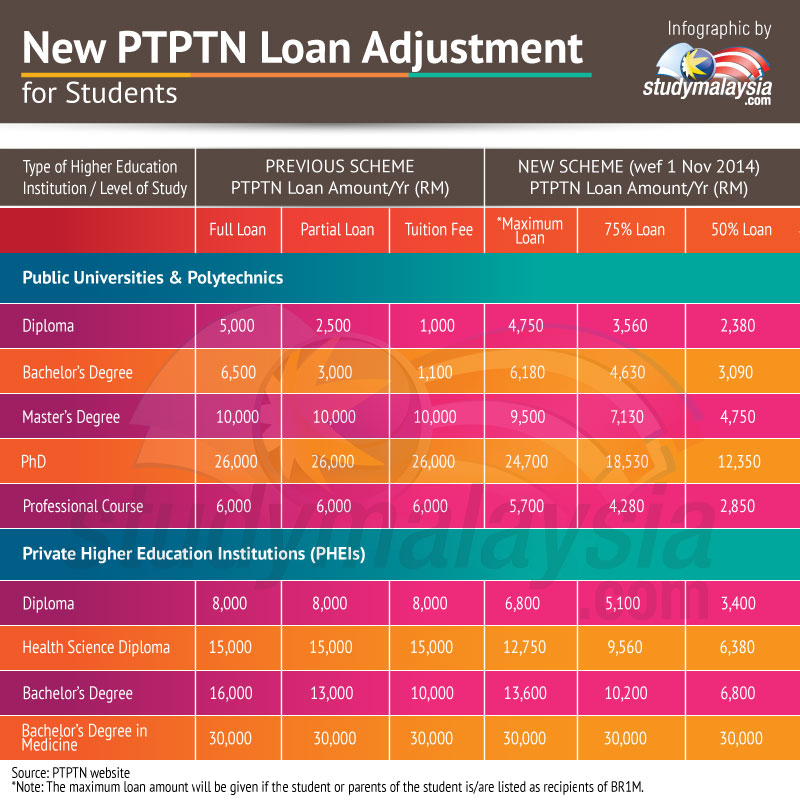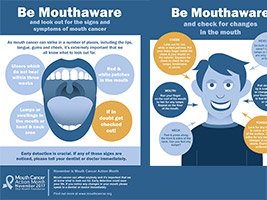Why SPM Students are choosing Diplomas Over Degrees
by StudyMalaysia.com on March 1, 2016 | Top Stories

Do you prefer to learn by doing rather than attending lectures? Do you want to enter the working world as soon as you can? Are you concerned you may not have enough funds to study a bachelor’s degree? Do you lack the required SPM credits for a pre-U programme? Your answer could be a diploma after SPM.
Just completed SPM? Before you decide on a pre-U programme like A-levels, STPM or foundation courses, you might want to give diploma programmes a second thought. Here’s why:
1. The entry requirements are less rigid
The general entry requirements for a diploma is a pass with three credits in SPM (with the exception of a nursing diploma which requires five credits). Some diplomas may have additional requirements – do check with the college you’re interested in.
2. Diplomas cost less
Let’s face it. Not everyone has the means to fork out funds for a bachelor’s degree. To acquire a bachelor’s degree, the pathway after SPM involves a pre-u qualification (50 credit hours) followed by 3-4 years of bachelor degree study (120 credit hours).
MQA’s Higher Education Qualifications, Education Levels and Minimum Number of Credits
| Education Levels | Higher Education Qualification | Minimum credit required for the award of qualification |
| 8 | Doctoral (by research) | No given credit value |
| 8 | Doctoral Degree (by mixed mode or coursework) | 80 |
| 7 | Master degree (by research) | No given credit value |
| 7 | Master degree (by mixed mode or coursework) | 40 |
| 7 | Postgraduate diploma | 30 |
| 7 | Postgraduate certificate | 20 |
| 6 | Bachelor degree | 120 |
| 6 | Graduate diploma | 60 |
| 6 | Graduate certificate | 30 |
| 5 | Advanced diploma | 40 |
| 4 | Diploma | 90 |
| 3 | Certificate | 60 |
| 1-3 | Skills certificate | According to the skill and levels |
Source: www.mqa.gov.my
In comparison, a diploma takes 2 to 2.5 years (min 90 credit hours) right after SPM. Diplomas cost way less than what a degree programme would – the course fees for a diploma programme ranges from RM20,000 – 40,000, with many courses falling in the range of RM25,000 – 35,000.
And like studying for a degree, you’d still be able to apply for a PTPTN loan. Find out how much loan you can get from PTPTN.
3. Diplomas make you ready for the job market
Unlike pre-university programmes that focus more on rigorous academic study, diploma programmes are designed to equip students with the necessary skills required to meet the job requirements in a particular industry. The curriculum often includes lots of hands-on work that allows you to practise these skills. You’ll be able to enter the workforce within your target industry right after you graduate.

4. You’ll love it if you like practical work
As mentioned in the previous point, a diploma prepares you with the specific skills that you need in a target industry. Whether you choose graphic design, culinary arts, automotive technology or medical imaging, you would have completed plenty of practical training in the core area of your study by the time you graduate.
If you like more hands-on work and practical experience, you’ll enjoy the curriculum of a diploma course which is usually 60% academic and 40% practical.
5. You complete your studies sooner
If you choose the pre-U route after SPM followed by a bachelor’s degree, you’d take about 5-6 years to graduate. In contrast, a diploma generally takes 3 years, allowing you to enter the job market and begin earning sooner.
6. Your learning options are flexible
There’s probably no other study route that offers the flexibility of a diploma. Here are some awesome advantages:
First, unlike pre-U courses and degrees, diplomas don’t necessarily follow a rigid academic calendar. That means that intakes are open several times a year. If you miss an intake, you won’t have to wait too long for the next one.
Second, diploma programmes are offered in different study modes like distance learning, part-time, and full-time. That means that diplomas are not just for conventional students. You can choose to work and study, and you might have the chance to build up your contacts in the working world through your fellow classmates.
Third, when you come to the point where you feel you need to further your studies to improve your career opportunities, you’d be glad to know that many diplomas offer advanced standing status with many overseas universities that lead to a bachelor’s degree. Here’s your chance to earn a foreign degree at a much lower cost.
‘Advanced standing’ means that recognition (full or part) is given by a foreign university of a particular course pursued at a Malaysian institution (such as a diploma or year 1 or year 2 of a bachelor’s degree) that allows a student advanced entry into the foreign university’s degree programme. ‘Advance standing’ arrangements with universities from the UK, Australia, Canada, Taiwan, and others have been developed by private colleges in Malaysia since the early 1980s.
Lastly, if your dream is to have a bachelor’s degree but you didn’t have sufficient credits after SPM, the diploma pathway allows you an alternative – you can skip the pre-U route and still qualify for admission to a bachelor’s degree after your diploma.
Are you excited yet? If you are, here are some examples of courses you could take at diploma level at private higher education institutions in Malaysia:
|
|
|
Search for Courses with our Course Search
 Source: Education Guide Malaysia 14th Ed.
Source: Education Guide Malaysia 14th Ed.Need a Copy? Download Order Form here
All rights reserved. No part of this editorial contents may be reproduced, copied, translated, or stored in a retrieval system or transmitted in any form or by any means without the written consent from the publisher Challenger Concept (M) Sdn Bhd (www.studymalaysia.com/challenger)
You May Also Be Interested In...
Mouth Cancer: Why Early Detection Makes all the Difference
![Mouth Cancer: Why Early Detection Makes all the Difference - StudyMalaysia.com]() Ulcers, sore throat, a painful tongue and difficulty chewing – are t...
Ulcers, sore throat, a painful tongue and difficulty chewing – are t...Watch Transformers 4 and transform your creativity today
![Watch Transformers 4 and transform your creativity today - StudyMalaysia.com]() Whether you are a Transformers fan or not, admit it, you will be blown...
Whether you are a Transformers fan or not, admit it, you will be blown...Studying for a bachelor’s degree through the distance learning mode
![Studying for a bachelor’s degree through the distance learning mode - StudyMalaysia.com]() Have you ever wished you could study for a bachelor’s degree while y...
Have you ever wished you could study for a bachelor’s degree while y...Tips on How to Tackle the SPM English Papers 1 & 2
![Tips on How to Tackle the SPM English Papers 1 & 2 - StudyMalaysia.com]() In line with the Kurikulum Standard Sekolah Menengah (KSSM), the new S...
In line with the Kurikulum Standard Sekolah Menengah (KSSM), the new S...MOE’s Matriculation programme, PISMP and PPC 2021 Intake Now Open to SPM 2020 candidates
![MOE’s Matriculation programme, PISMP and PPC 2021 Intake Now Open to SPM 2020 candidates - StudyMalaysia.com]() MOE invites all SPM 2020 candidates who are eligible to apply directly...
MOE invites all SPM 2020 candidates who are eligible to apply directly...�For the Love of Art
![�For the Love of Art - StudyMalaysia.com]() If we think back to the time when we were in kindergarten, chances are...
If we think back to the time when we were in kindergarten, chances are...






























